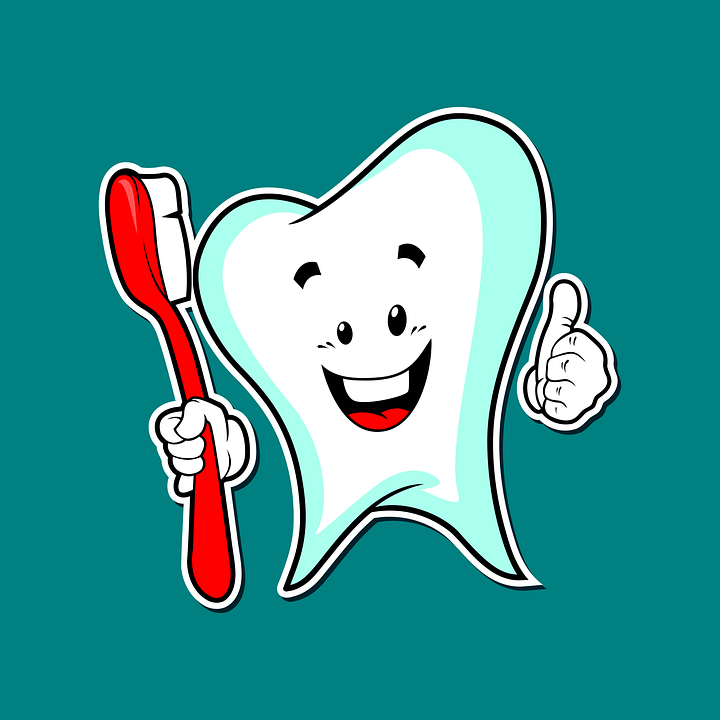
Anxiety and dental care: The double-edge sword between optimal oral health and mental trauma

The connection between anxiety and oral care is a widespread phenomenon influenced by various psychological, experiential, and sometimes physiological factors. One significant factor contributing to this association is the fear of pain or discomfort associated with dental procedures. The anticipation of potential pain during cleanings, fillings, or other treatments can trigger anxiety about visiting the dentist.
Negative past experiences at the dentist can have a profound impact on an individual’s attitude and anxiety levels towards oral care. If someone has undergone unpleasant or traumatic events during previous dental visits, particularly during childhood, the memories of those experiences can linger and shape their perception of dental care. For instance, a painful dental procedure, a perceived lack of empathy from dental professionals, or even a distressing environment can leave lasting impressions. These memories may contribute to a heightened sense of anxiety when contemplating future dental appointments.

The sensory aspects of dental tools and procedures also contribute to anxiety. The sounds, sights, and sensations associated with instruments like drills and needles can be anxiety-inducing for some people. The fear of these tools and the anticipation of their use during procedures amplify overall dental anxiety. Dental professionals recognize the impact of these sensory aspects on patient anxiety and often strive to create a more comfortable environment. Strategies such as providing headphones to block out sounds, explaining procedures in detail to alleviate uncertainty, and offering sedation options are commonly employed to address these sensory-related anxieties. Understanding and addressing these sensory triggers play a crucial role in making the dental experience more tolerable for individuals prone to dental anxiety.
The feeling of vulnerability is another significant factor. Sitting in a dental chair and allowing someone to work inside the mouth can create a sense of vulnerability and loss of control, heightening anxiety for many individuals. For many individuals, the combination of physical proximity, loss of control, limited communication, and the perceived invasiveness of dental procedures can collectively contribute to a heightened state of anxiety. Dental professionals are aware of these concerns and often make efforts to establish open communication, foster trust, and create a comfortable environment to help alleviate the sense of vulnerability experienced by their patients. Acknowledging and addressing these feelings can play a crucial role in making dental visits more manageable for individuals prone to anxiety in these situations.

Concerns about judgment from dental professionals add an emotional layer to dental anxiety. People may worry about being criticized for their oral hygiene habits or the condition of their teeth, contributing to heightened anxiety surrounding dental visits.
Individuals with generalized anxiety disorders may experience heightened anxiety across various aspects of their lives, including oral care. The dental setting can act as a trigger, intensifying their overall anxious tendencies.
Embarrassment and self-esteem issues related to oral health further compound dental anxiety. Individuals may feel self-conscious about the appearance of their teeth, adding emotional stress to the dental care experience. The emotional burden of embarrassment and self-esteem issues can create a psychological barrier to seeking timely dental care. Recognizing and addressing these concerns is crucial in helping individuals manage their dental anxiety. Dental professionals play a vital role in creating a non-judgmental and supportive environment, where patients feel comfortable discussing their concerns and working towards oral health improvements. Encouraging open communication and providing empathetic care can contribute to breaking down the emotional barriers associated with embarrassment and self-esteem issues, fostering a more positive dental care experience for individuals struggling with dental anxiety.

Financial concerns related to the cost of dental procedures can also contribute to anxiety. Worries about affordability may lead some individuals to avoid seeking dental treatment, causing their oral health to deteriorate and increasing overall anxiety. Addressing these concerns related to dental care is crucial for mitigating anxiety and promoting oral health. Dental professionals can play a role in this by discussing treatment costs upfront, offering payment plans, and exploring alternative options. Public health initiatives and policies that focus on improving access to affordable dental care can also contribute to reducing anxiety associated with the financial aspects of oral health.
Addressing dental anxiety involves recognizing these factors and finding strategies to manage them. Open communication with dental professionals, seeking supportive and understanding care providers, and exploring relaxation techniques or sedation options can help individuals cope with anxiety related to oral care. Establishing positive dental experiences over time can also contribute to breaking the cycle of dental anxiety.
dr.dan
Related Posts
The many ways that depression influences sleep patterns: From insomnia to hypersomnia (not always symptom of narcolepsy).
Depression can significantly influence your daily sleep in various ways....
Facts About Anxiety Disorders That You Need To Know
Anxienty disorders is something typical to feel when somebody faces what is...
Numerous strategies to cope with ongoing gaslighting from loved ones and those you care about when facing constant emotional manipulation and distortion of reality.
Experiencing gaslighting from someone you care about can be profoundly...
Generational trauma: The impact of childhood trauma on adult identity. Exploring the complexities of PTSD and uncovering the hidden truths behind it!
Generational trauma refers to the transmission of traumatic experiences and...




